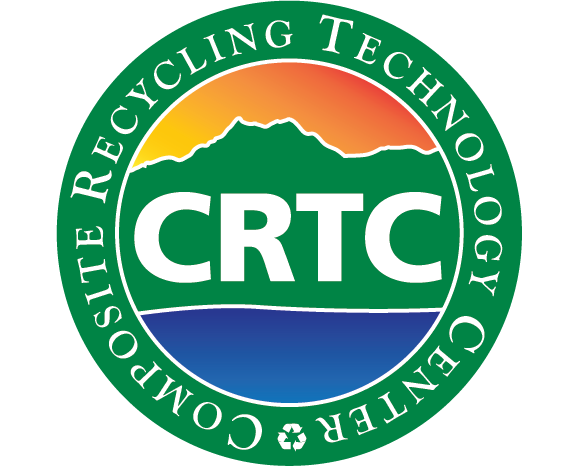Presented by David Walter
Recap by guest-contributor Sarah Pristash, NSF Graduate Research Fellow, Department of Chemistry, University of Washington Seattle.
David Walter spoke for the Composite Recycling Technology Center about improving marine and human habitats with recycled carbon fiber. The Composite Recycling Technology Center designs, develops, and utilizes carbon fiber scrap. This eliminates waste from landfills and creates jobs in Clallum County. The facility repurposes virgin carbon fiber that can then be used for many applications. CRTC manufactures the products they design, as well as develop others for companies. One application of the carbon fiber is in vertical farming, which is growing kelp and shellfish in a water column. Kelp is the 2nd fastest growing plant in the world and a vertical farm the size of Washington state could feed the world. Lots of plastic is used now in vertical farming, which can fray or break and entangle marine life. CRTC makes carbon fiber to replace the plastic. The carbon fiber is very strong and can’t entangle marine life. CRTC was a recipient of a CEF3 grant but needs investors for scaling this project. Another use of the carbon fiber is in cross-laminated timber (CLT). Thermal modification of wood stabilizes it and prevents rot. This can be combined with CLTs made with carbon fiber to create strong, quickly connectable panels. These can be used to build portable or disaster relief housing. The CLTs can be transported and assembled on site so the width of the road is not a factor in the size of the structure. This project has also been funded by a CEF3 grant.
